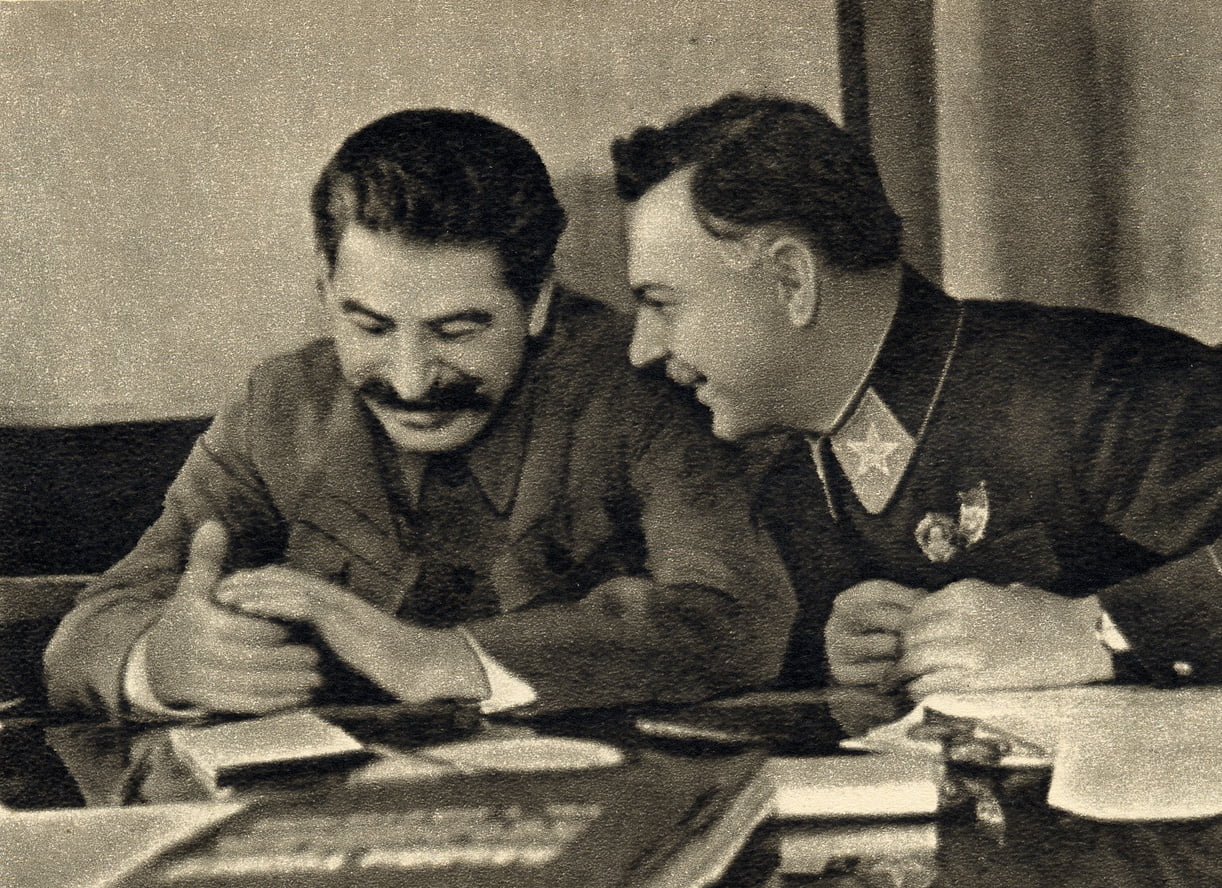In many sources, this statement, which they like to remember during elections, is attributed to the “father of nations.” We checked to see if he claimed anything similar.
The phrase is known in various versions, and many of them are often cited with a mention of the Soviet leader. So, in report In 2003, about the parliamentary elections in Georgia, Channel One journalists put into Stalin’s mouth the phrase “It doesn’t matter who votes and how, it’s important how the votes are counted.” Similar wording used Radio Liberty. Actor Stanislav Sadalsky cited in his blog option, included in our title. Sometimes used and the version “The election is not won by the one who is more popular, but by the one who counts the votes.”
There are two main theories regarding the moment when Stalin could utter such a phrase. According to first, Joseph Vissarionovich spoke this way in 1934 at the XVII Congress of the All-Union Communist Party (Bolsheviks) “regarding the procedure for the election of the General Secretary, which he won.” Let us note, firstly, that at the 1934 congress, elections for the General Secretary of the CPSU (b) were not held. Moreover, that year the mention of the position of General Secretary in general disappeared from documents. Nevertheless, Stalin then retained full power, because remained one of the secretaries, and later, one after another, his main competitors began to leave the political arena (sometimes fatal).
In the context of the phrase, the elections of members of the party’s Central Committee, which took place the day before the elections to the secretariat and were also successful for Stalin, are of greater interest. The fact is that their results were later repeatedly subjected to doubt, however, no convincing evidence of falsification has been found to this day. Just as there is no evidence in documents or at least in the recollections of eyewitnesses that the leader uttered the phrase that interests us. This option generally appears in available Russian-language sources only in post-Soviet times.
Another dating is based on the memoirs of Boris Bazhanov, a defector who in 1923–1927 worked as Stalin’s assistant and secretary of the Politburo, and who, once in Paris, published a French-language book in 1930 Avec Staline dans le Kremlin (“With Stalin in the Kremlin”). In one of the episodes Bazhanov leads Stalin’s words, allegedly said in December 1923 at a meeting of the leadership troika on the topic of ensuring an internal party majority: “You know, comrades, what I think about this: I think that it doesn’t matter at all who and how will vote in the party; but what is extremely important is who will count the votes and how.”
Thus, in fact, the only lifetime source in which such a phrase is attributed to Stalin is the memoirs of his secretary who fled abroad. Even in extensive Stalin's digital archive there is nothing like it. But in foreign sources there are more than one similar statement even before the Stalin era. Yes, on the newspaper caricature 1871 depicting William Tweed, one of the most unprincipled politicians in US history, under the ballot box you can read: “Power is in the count”, and below is the caption “quote”: “While I am counting the votes, what are you going to do about it?”

Martin Scorsese made Tweed the hero of the historical drama Gangs of New York (2002). In one of the film episodes he speaks: “Remember the first rule of politics: it’s not the ballots that make the results, it’s those who count them that make the results.”
In 1877, the Californian newspaper The Daily Examiner attributed a similar phrase to US Secretary of the Interior Zachary Chandler: “Give me the Returning Boards (the organization responsible for counting the votes - Ed.), and I won’t care who voted what.” And in 1880 The New York Times tied up statement with the French Emperor Napoleon III, but did so in the form of a denial of authorship:
“I don’t care who cast their votes as long as I can count them,” Napoleon once remarked (not really). However, if he had said this, he would have frankly expressed the essence of the origins of imperialism and enriched the world’s stock of quotations.”
Such a statement does not appear in old French-language sources, so it can truly be considered a figment of the journalist’s imagination. The reason to attribute these words to Napoleon III was: in 1851, on his initiative two referendums took place, during which only “for” ballots were delivered to most precincts, and “no” ballots were required to be handwritten and given to the head of the precinct, who personally placed them in the ballot box.
Similar quotes appeared in the American press later: in 1890, 1899th and subsequent years, so the phrase was quite a catchphrase more than a century ago. And only on November 5, 1989 in the English newspaper The Observer it was published for the first time attributed Stalin, and then with the caveat “as it is considered.”
Thus, Joseph Stalin cannot be considered the author of the quote “It doesn’t matter how they voted, it’s important how they counted.” Whether he said anything like that at all is not known for certain. However, various versions of the phrase appeared in the 19th century in the United States.
Incorrect quote attribution
Read on topic:
1. http://lib.ru/MEMUARY/BAZHANOW/stalin.txt
2. https://quoteinvestigator.com/2021/01/28/count-votes/
3. https://www.snopes.com/fact-check/stalin-vote-count-quote/
If you find a spelling or grammatical error, please let us know by highlighting the error text and clicking Ctrl+Enter.






